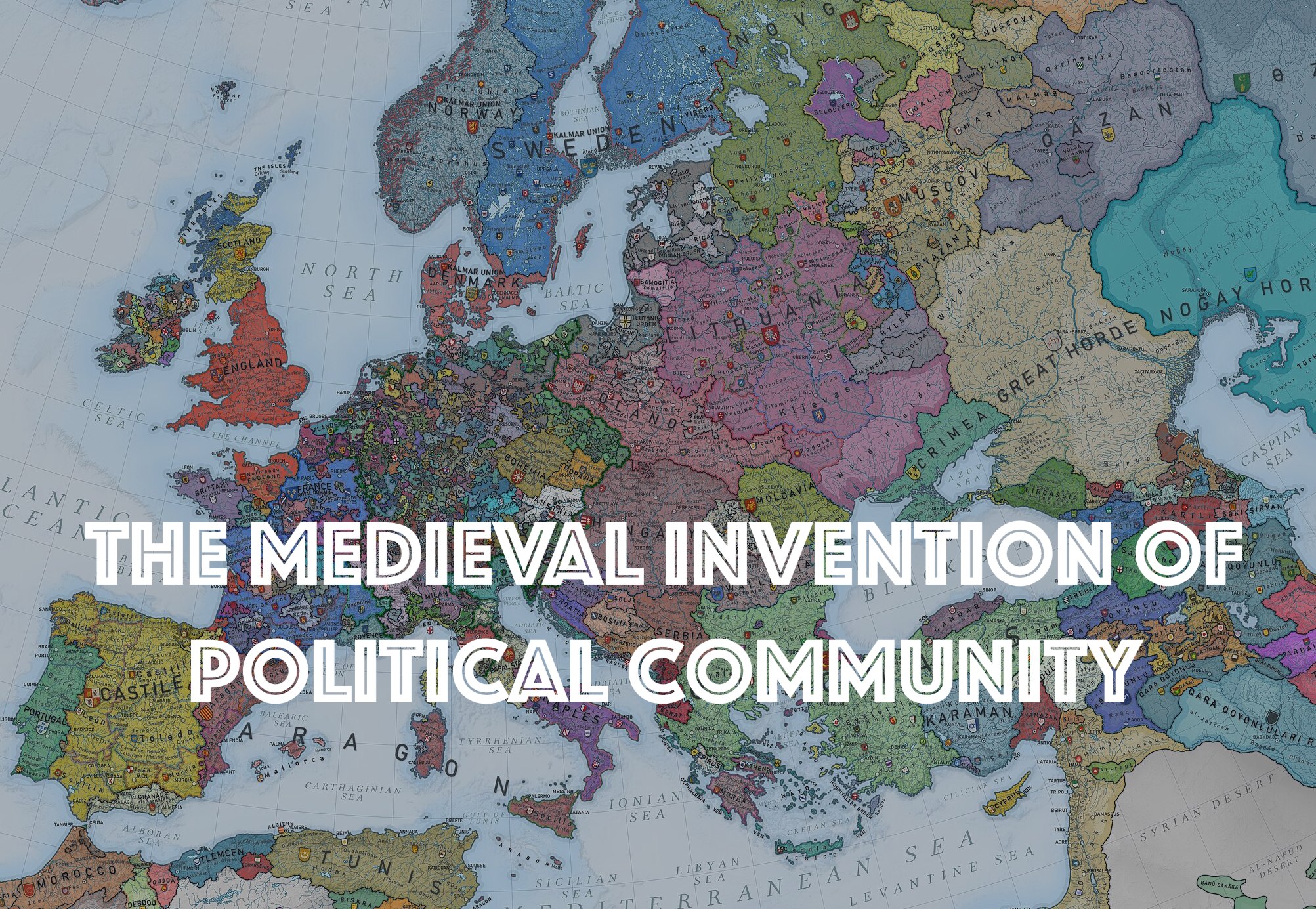
"The later medieval ideal of the state evolved from a distinct understanding of 'political community' integrating various cultural and philosophical influences, reshaping governance."
"Medieval philosophers reinterpreted political community through the metaphor of a body, emphasizing the complementary roles of its members for societal unity and purpose."
"Drawing from Aristotle, Roman civil law, and earlier traditions, later medieval thinkers crafted a vision of governance grounded in the interconnectedness of community members."
"This transformation of political thought marked a significant shift towards viewing governance as a collective entity, paving the way for the modern state."
The evolution of political community in late medieval Europe emerged as philosophers incorporated ideas from Aristotle, Roman civil law, and Biblical traditions. This period marked a significant shift from feudal governance to a more structured ideal of the state, characterized by the metaphor of a united body comprising distinct but interdependent parts. This organic representation not only highlighted the importance of individual roles within the community but also emphasized a collective purpose and common interests, laying foundational ideas for modern governance.
Read at Medievalists.net
Unable to calculate read time
Collection
[
|
...
]